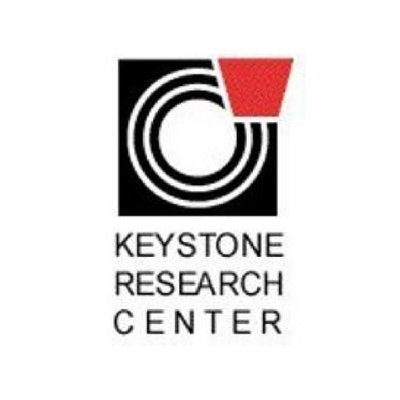JANUARY 18, 2019
BY COMMUNITY ANNOUNCEMENTS
ITHACA, N.Y. – The Tompkins County Workers’ Center handles between 80 and 100 cases of wage theft every year, and that’s scratching the surface of what’s going on just in our community. Employers steal more from their workers than the amount of dollars involved in bank robberies, burglaries, and all other thefts in the U.S. combined. TCWC has helped workers win wage theft judgments of more than $1.35 million, on top of organizing with workers to confront the wage theft in their workplaces directly.
Join us in downtown Ithaca on Tuesday, Feb. 5, to learn more about how companies are finding new ways to exploit workers to reduce costs, including engaging in the age-old practice of wage theft.
Hear from the Manhattan District Attorney’s Office and NY Department of Labor on their work to prosecute wage thieves on criminal charges. Hear from the Tompkins County DA on local enforcement, and experts and advocates on their eye-opening findings in the field.
Fighting Wage Theft: New Tools for a New Economy
6 to 8 p.m. Tuesday, Feb. 5, 2019
The First Unitarian Society of Ithaca, 306 N. Aurora St. (corner of N. Aurora and Buffalo Streets).









